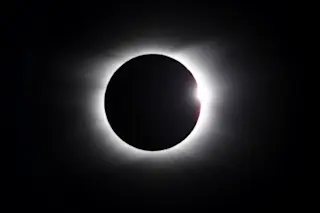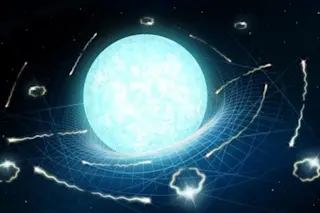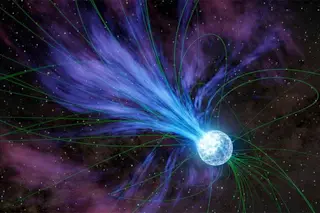Chinese, Greek, and many other ancient cultures left references in their texts to the sky going dark during the day, possible allusions to solar eclipses. These mentions are tantalizing clues to scientists, who think they might use those clues to date historical events. The latest buzz in historical dating started this week, when researchers Marcelo Magnasco and Constantino Baikouzis said they had tied an event in Homer's Odyssey, the hero Odysseus' return to Ithaca [strike]Italy [/strike]after a two-decade journey, to a total solar eclipse on April 16, 1178 B.C. But how could they be so exact? First, knowing the motions of the Earth and the moon allows astronomers to project when solar eclipses are coming down to the day, time, and location. They can use the same techniques to go backward, pinning down dates and approximate locations for millennia-old astronomical events, and that's when the historians and archaeologists get excited. ...
Can an Eclipse Really Help us Date Events in Greek Mythology?
Discover how solar eclipses historical dating sheds light on Odysseus' return to Ithaca in Homer's Odyssey.
More on Discover
Stay Curious
SubscribeTo The Magazine
Save up to 40% off the cover price when you subscribe to Discover magazine.
Subscribe













